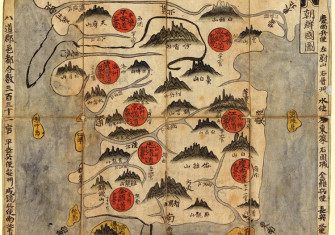Korea the Kingmaker
The Korean peninsula was a chessboard on which the fates of great powers were decided. China, Japan and Russia learned this to their cost in the 'Other Great Game’.

When the Korean peninsula was arbitrarily divided at the 38th parallel in 1948, two antagonistic regimes were born: communists in the north and conservatives in the south, each with dreams of reunifying the peninsula under their rule, but without the means of achieving it on their own. Their diverging visions of what kind of modern nation Korea was to become made the possibility of conciliation and unity increasingly remote and led to war in June 1950.







